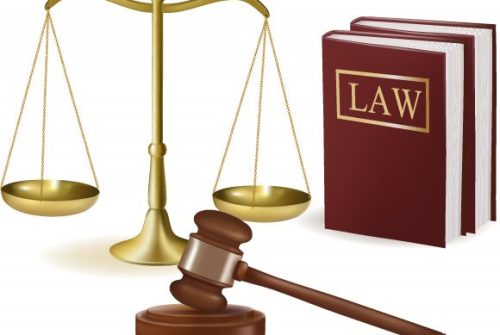
Lawyers who specialize in regulatory compliance play a crucial role in ensuring that organizations and businesses adhere to the law. Companies must navigate a myriad of compliance obligations in order to operate legally and ethically in today’s complex regulatory environment, where laws and regulations are constantly changing. Lawyers who practice regulatory compliance have a specialization in comprehending and interpreting these laws, advising clients on the requirements for compliance, and putting into action strategies to reduce legal risks. They play a variety of important roles and have many facets. The legal and regulatory compliance is of utmost importance for businesses to ensure they adhere to the established laws and regulations governing their industry.
First and foremost, it is the duty of regulatory compliance lawyers to remain current on the ever-evolving legal landscape. In order to guarantee that their customers are kept up to date and in compliance, they keep a close eye on new regulations, legislative changes, and regulations specific to their particular industry. They can assist businesses in identifying potential legal risks and proactively adapting their practices to comply with new requirements by staying up to date on these updates. They are able to help customers navigate the complexities of compliance thanks to their extensive understanding of regulatory frameworks.
Second, clients’ compliance obligations are closely evaluated by regulatory compliance lawyers. In order to discover potential inconsistencies or areas of non-compliance, they carry out comprehensive audits and risk assessments. They look at the client’s operations, policies, and procedures in this way to see if they comply with any laws or regulations. They can tailor compliance strategies based on this assessment to meet specific legal requirements and reduce potential liabilities.

Legal counsel for regulatory compliance play a crucial role in the creation and implementation of efficient compliance programs after gaps in compliance have been identified. They help clients create policies and procedures that are in line with best practices and regulations. In order to guarantee ongoing compliance, these programs frequently include internal controls, employee training, monitoring tools, and reporting systems. Lawyers for regulatory compliance assist businesses in maintaining a culture of legal adherence and reducing the likelihood of violations by proactively establishing compliance frameworks.
Additionally, regulatory compliance lawyers provide their clients with advice and guidance. They assist clients in comprehending their legal obligations and navigating compliance difficulties by providing guidance and interpreting intricate regulations. They look at how new laws might affect business operations, how likely it is that they won’t be followed, and what steps should be taken to reduce legal and reputational risks. They are able to offer strategic and practical advice because of their expertise, assisting clients in making well-informed choices that are in line with legal requirements.
Compliance lawyers frequently serve as liaisons between clients and regulatory authorities in addition to their advisory role. They help with regulatory filings, respond to inquiries or investigations, and, if necessary, represent clients in regulatory proceedings. They are able to effectively communicate and advocate on behalf of their clients, ensuring that their interests are protected while adhering to the law because of their knowledge of regulatory procedures and experience dealing with regulatory agencies. Therefore, legal and regulatory compliance is crucial for businesses to ensure they operate within the boundaries of the law and meet all necessary regulations and requirements.






